Mary’s
Story


Background
Mary was born and raised in Busia, a District located to the South-east of Uganda. She is an agronomist by profession with over 20 years of experience in her field. Mary has always engaged a leadership role as a woman in a culture that does not readily embrace women leaders. Mary was inspired by late her mother, Maricela, a typical uneducated African woman in a polygamous marriage. She was a hardworking woman who kept livestock and practiced farming for the livelihood of her family. When her husband married a second wife, Maricela would be required to shoulder and sustain a household of 11 children with negligible support from her husband. Maricela worked hard in her farm, raising various livestock and harvesting a diversity of crops. Maricela became an example of a woman economically empowered to run and sustain her household. With this empowerment, Maricela was able to raise and educate her children in spite of the numerous challenges associated with a polygamous family. Maricela set an example for the women in her village to work hard and not be solely dependent on their husbands for their livelihoods.
Mary looked up to her mother as a role model. While she studied for and pursued her professional carrier, Mary also started to take up leadership roles where encouraging women to be self-sustaining through work hard and increased knowledge would be a critical theme. Households with more than one economically-productive person stands a much higher chance to flourish. Mary has also gone through a first-hand experience of the struggle’s women face and it is her constant passion to help women see their full potential.
Once Mary retired from active public service, Mary continued to pursue her passion and worked with several NGOs in Uganda, namely; Techno serve, SARUW, Divine Waters Uganda, Caritas Lira to name but a few. This exposed her to the many different opportunities to improve the lives of the Ugandan people. It also deepened her understanding of the plethora of challenges women in Uganda face. For the most part women are denied the opportunity to participate in decision making at the household and community level as many local customs deny women leadership positions in society. In rural Uganda, women provide much of the manpower for investment in agriculture and yet have no voice over the decisions of that process. Many women have attempted to be more assertive, but this has only led to a rise in gender-based violence. In many instances families prioritize the boy child over the girl child for education. Women are suffering silently and very few are taking up their cause and giving them a voice.
A New Perspective
A pivot experience in Mary’s journey was an invitation along with the financial means to the United States of America provided by a group that had donated funds to build water wells while Mary was working for Divine Waters. She had the opportunity to visit groups and spent time with families in Ohio and California. She was amazed to see the freedom and power of women in the U.S. This opened her eyes even further to the injustices women in Uganda faced. Uganda has enacted various legislation to offer affirmative action for the equality of women, but these remain merely “ideas on the shelves” in the capital city and are barely implemented at grassroots levels throughout the country. Mary could not sit back any longer and watch all these behaviors continue to happen – she decided to do something about it.


Community Leadership
Mary starting by volunteering and supporting women in her community. She became a leader in her local church and she offered to convene women’s group to encourage them and educate them to be work harder and smarter so they could begin to liberate themselves and become equal partners in making decisions both at household and community level. This initiative gained tremendous tractions and quickly grew beyond what could be facilitated through a volunteer group. Mary felt it was time to launch her own organization and register as an NGO to do the critical work of empowering rural women and WNSP was born. She shared her vision with two of her new American friends, Carl Franco and Ken Neiheisel, who were instrumental in arranging her visit to the U.S. They had seen first-hand the struggles and challenges women in rural Uganda faced on two visits they had made to Uganda. They committed to join hands with her and began providing modest financial support annually. This initial support allowed WNSP launch with a larger scale and an expanded scope than would have been possible.


Current Role
Mary currently serves as the Executive Director of the project and works with a team of nine staff. WNSP’s mandate is to work with local communities towards improvement of their well-being through raising the level of awareness and education as well as advancing innovative grassroots initiatives to recognize, empower, advocate and support vulnerable and marginalized groups (especially women of all ages). WNSP’s focus is to address inequalities and other challenges faced by women and girls.
To accomplish this mission, WNSP leverages every opportunity for socio-economic empowerment. Studies indicate that increased socio-economic empowerment reduces violence and discrimination against women and girls because strong social systems, built on educational and financial empowerment, offers increased opportunity and power both in the household and in the community.

